How much does a washing machine weigh?
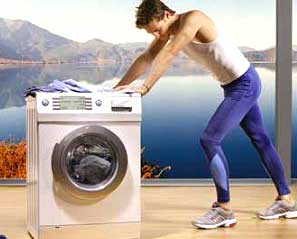 What is the first thing we pay attention to when choosing a washing machine. That's right, on its characteristics. Firstly, this is the amount of laundry loaded. Secondly, this is the class of the washing machine itself, by which you can determine the number of revolutions during spinning, how much electricity is consumed, and so on.
What is the first thing we pay attention to when choosing a washing machine. That's right, on its characteristics. Firstly, this is the amount of laundry loaded. Secondly, this is the class of the washing machine itself, by which you can determine the number of revolutions during spinning, how much electricity is consumed, and so on.
Somewhere in the middle of the necessary criteria when choosing a washing machine is its specific gravity. Why does the consumer not pay such close attention to this factor? Because this factor is not so significant.
It should be taken into account if you have to move frequently from one place to another. Or transporting the washing machine takes a long way. In addition, many live in high-rise buildings with small elevators. Only then do we begin to wonder how much our washing machine weighs.
What factors determine the weight of a washing machine?
For clarity, it should be clarified that the minimum weight of a conventional automatic washing machine is about thirty kilograms. The maximum weight of existing washing machines was one hundred kilograms.
Externally, washing machines may be absolutely identical, but upon closer examination it becomes clear that while having externally identical dimensions, the weight of different washing machines varies.
The washing machine consists of many metal products. Metal, as is known, can have different specific gravity.
The metal structure of the machine, made of stainless steel, will be much heavier than its counterparts made of polymer materials (plastic).
Which is better, a light or heavy washing machine?
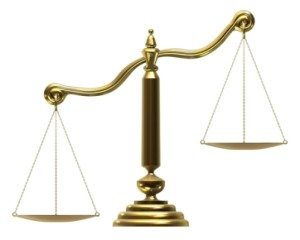 Many people are faced with this problem when, when spinning clothes, the machine begins to shake; in the best case, and in the worst case, your washing machine literally “jumps” throughout the room, as far as the wires and hoses allow.
Many people are faced with this problem when, when spinning clothes, the machine begins to shake; in the best case, and in the worst case, your washing machine literally “jumps” throughout the room, as far as the wires and hoses allow.
For this reason, many manufacturers artificially increase the weight of the machine. This is achieved by adding counterweights in the tank of the machine. They are located in pairs at the top and bottom of the tank. Such heavy balancers prevent the washing machine itself from shaking, both during washing and during spinning. Ideally, in terms of weight, they should be heavier than the recommended weight for loading wet laundry into the washing machine.
However, recently manufacturers are increasingly choosing electronic auto-balancing. It is achieved by changing the speed of the washing machine engine itself. This method is not entirely convenient for the general characteristics of the washing machine. Therefore, it is too early to abandon artificial metal balancing.
conclusions
How many What should a washing machine ideally weigh? To begin with, the advantages and disadvantages of heavy weight washing machines.
Dignity: The main advantage of heavy weight is the stability of the washing machine during washing and spinning, therefore, its service life is extended.
Flaw: If you need to frequently move from one place to another, a heavy washing machine is not convenient for transportation.
The ideal weight for a washing machine is between 55 and 80 kilograms.
Interesting:
Reader comments
- Share your opinion - leave a comment

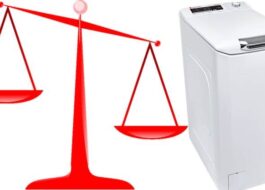
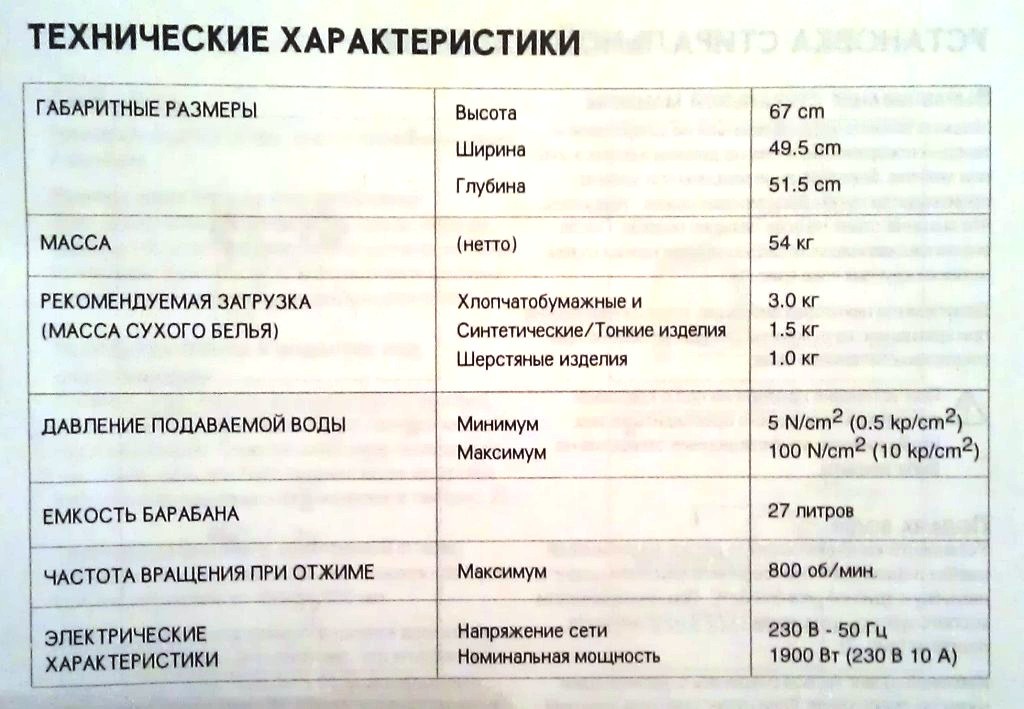
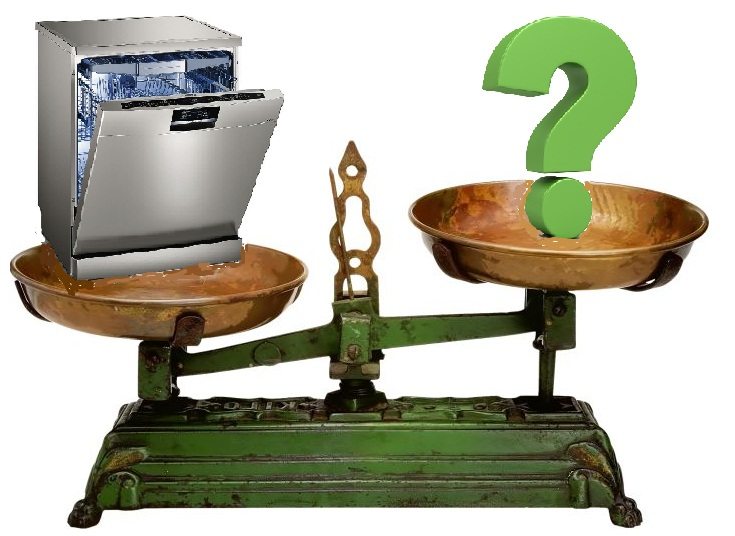
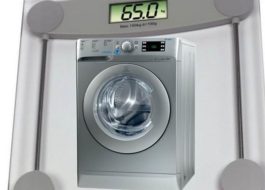

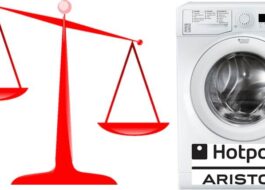



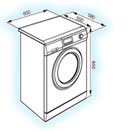


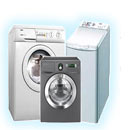



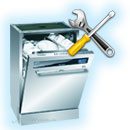
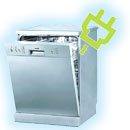

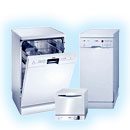
Add a comment